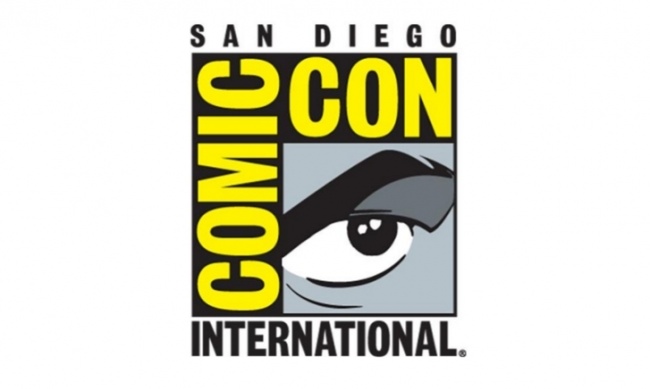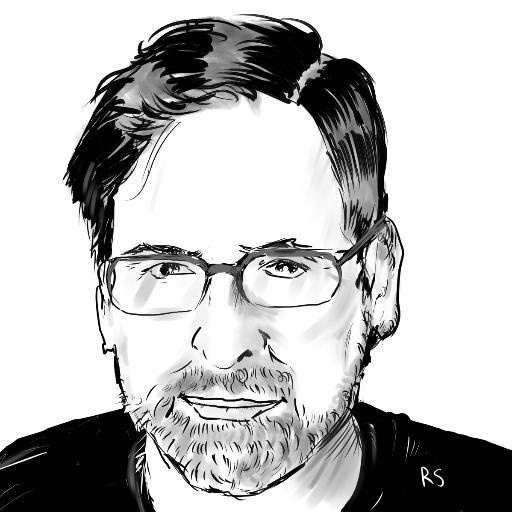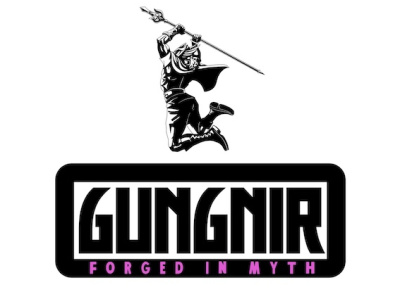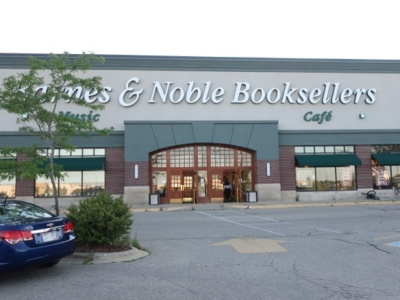Battle of the Comic Cons. ICv2 readers are likely aware of the ongoing legal battle between SDCC and the organizers of SLCC, Dan Farr and Bryan Brandenburg, that ended up in a trial in Federal District Court late last month after several years of escalating rhetoric and legal maneuvering. At issue was whether Farr and Brandenburg infringed on SDCC’s trademark on the term “Comic-Con” by naming the Salt Lake event “Comic Con” (no hyphen), and then engaging in activities that SDCC said deliberately confused consumers about the branding.
In the case, SDCC and its lawyers produced email conversations and press statements by Farr and Brandenburg in which they discussed “leveraging” and “hijacking” the SDCC brand as a way to drum up enthusiasm for SLCC. They also cast doubts on the legal due-diligence that the organizers undertook researching the issue, and got Brandenburg to admit on the stand that he knew Comic-Con was a brand, not a generic descriptor as they were claiming.
Despite that, the jury found the infringement to be unintentional, and used that finding as the basis to award damages of just $20,000 (for “corrective advertising”), significantly lower than the $12 million that SDCC was looking for.
A Split Decision? In a statement posted on Facebook following the verdict, Brandenburg noted that “we were accused of stealing and hijacking. The jury said we were NOT GUILTY of this. There was no willful infringement. We were accused of trying to associate our convention with the San Diego convention. The jury said we were NOT GUILTY of this. They found no evidence of the false designation of origin.”
It is unclear how the jury found that SLCC had infringed on the trademark but rejected evidence they had done so knowingly. Some observers of the trial suggested that a statement made by SLCC’s counsel during closing suggesting that a high damage award would bankrupt the organization – a statement the judge admonished jurors to disregard, but did not draw an objection from the SDCC team – led the jury to reach a compromise verdict that upheld the trademark but minimized the penalty.
SLCC has 60 days to decide whether to appeal the ruling to the 9th Circuit Court of Appeals. In that case, the higher court would review the proceedings for reversible errors – essentially technical issues of how the trial was run and what evidence was admitted – not re-examine the arguments on the merits. SDCC also has the opportunity to ask the Appeals Court to set aside the jury award of damages, potentially claiming the disallowed statement in closing arguments was prejudicial, although SDCC expressed satisfaction with the outcome in a statement following the verdict.
The bottom line, however, is that the case upheld the trademark and determined conclusively that SDCC owns the rights to the term “Comic Con” in all its permutations. Though there are still actions underway to overturn the trademark with the US Patent Office, experts say these are almost certain to be dismissed now that a Federal Court has ruled in the matter, once the deadline for judicial appeals expires.
The verdict, which stands as settled law for the time being, means no one can now claim ignorance or ambiguity about this matter. Future cases will certainly be treated by the courts as willful infringement, with statutory damages awarded for each established case. That is, every time the name “comic con” appears on an advertisement, piece of marketing collateral, or ticket. That can add up fast.
So where does that leave the 140 or so events in the US that use a version of “Comic Con” in their brand identity?
License, Ignore or Fight? Some event organizers sought and received licenses from CCI prior to the resolution of the case. Informa, the organizer of FanExpo Canada and several other large fan events in North America, reached an agreement with the San Diego group after it acquired Boston Comic Con. Left Field Media, the fan con company founded by former NYCC organizer Greg Topalian, also announced a license agreement for Rose City Comic Con, the Portland, Oregon show the company acquired this past fall. Several other smaller shows also reportedly have permission to use call themselves “Comic cons.” Terms of the license deals were not disclosed.
Ace Entertainment, the new convention organization started by former Wizard World founders Gareb and Stephen Shamus, opted to call their events Comic Cons despite the pending litigation. Independent shows Denver Comic Con and Phoenix Comic Con each sided with SLCC in the trial, offering depositions and testimony in support of Farr and Brandenburg’s claim that the term was generic. Fan sentiment online, and informal opinions expressed by other independent show operators still heavily favors this point of view in spite of the court decision.
By far the biggest questions surround ReedPOP, organizers of the massive New York Comic Con, which sold more than 180,000 tickets to its 2017 event, as well as Emerald City Comicon in Seattle, which draws over 85,000. ReedPOP was not party to the lawsuit and did not file any briefs in support of either side. During the trial, the judge took formal note of the fact that ReedPOP does not have any licensing arrangement with SDCC.
ReedPOP’s decision to stay on the sidelines is the dog that didn’t bark in this whole matter. The company has by far the greatest stake in maintaining usage of the term Comic Con for its well-established events. ReedPOP is a division of Reed Exhibitions and a part of the global publishing giant Reed Elsevier, which has vastly deeper pockets, legal resources, and more than a passing familiarity with intellectual property law.
They also had a much stronger case to make. A 1964 event called New York Comic Con predates the first SDCC by half a decade, even though ReedPOP had nothing to do with that show. ReedPOP also runs events that are clearly and distinctively branded with their own marks and logos, such that it would be very hard to claim the company has any intention of deliberately confusing attendees about the management or ownership of their conventions. There has never been any evidence that ReedPOP discussed their naming strategy, either internally or externally, in the same candid manner that Farr and Brandenburg did, and ReedPOP has never run a car through the streets of San Diego during Comic-Con seeking to promote their own event.
Reached over the weekend, Lance Fensterman, Global Head of ReedPOP, said “We haven’t seen anything issued from the Court or the jury other than what’s appeared in the press. Until there is a final disposition of that case, we will reserve detailed comment. Nevertheless, we expect there to be no impact on our continued use of the New York Comic Con name for our annual event now well over a decade in existence or use of any of our other proprietary event names.”
The opinions expressed in this column are solely those of the writer, and do not necessarily reflect the views of the editorial staff of ICv2.com.
Rob Salkowitz (@robsalk) is the author of Comic-Con and the Business of Pop Culture.









